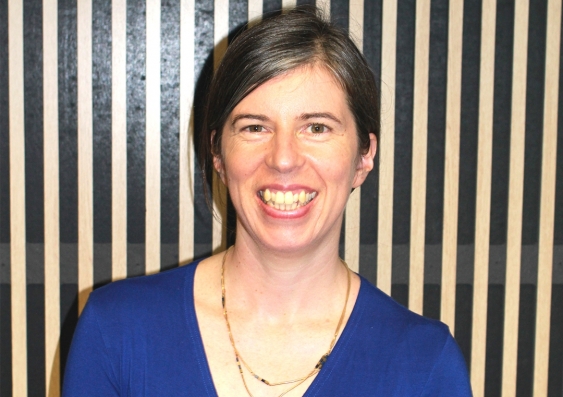The politics of human rights is put under the spotlight in a book by UNSW Associate Professor of Philosophy, Jessica Whyte.
Chile has been the focus of international news reports over the last year due to the widespread protests that started over social inequality.
But the current protests are a direct result of the neoliberal measures put in place in the 1970s and 1980s, according to UNSW Associate Professor Jessica Whyte.
She says Chile also experienced extreme austerity and privatisation under former Chilean president and dictator Augusto Pinochet.
Ultimately, these neoliberal ideas were enshrined in Chile’s constitution and it’s now viewed as a failure by the protestors who are demanding things like better health care and education.
“People are trying to fight for greater equality and they’re realising that certain political and moral discourses that were introduced at the same time as economic transformations are making those struggles harder rather than easier,” A/Prof. Whyte says.
Chileans will vote on a referendum about their constitution in April.
A/Prof. Whyte discusses the political situation in Chile in her book, The Morals of the Market: Human Rights and the Rise of Neoliberalism. Neoliberalism is a political and economic idea that prefers free market policies over government intervention in the name of greater equality.
“[Chileans] are currently having an uprising and demanding a new constitution because this constitution was designed to ensure that this neoliberal model could never be challenged by future governments after the return to democracy,” A/Prof. Whyte says.
A/Prof. Whyte is a Scientia Fellow (Philosophy and Law) and Associate Professor of Philosophy at UNSW Arts & Social Sciences. She wrote The Morals of the Market to make the connection between neoliberalism and human rights.

UNSW Associate Professor Jessica Whyte
She says that the two are compatible because economists and leading neoliberal thinkers, including Friedrich Hayek and Milton Friedman, believed that only the free market could preserve human rights and vice versa. They opposed government intervention into the market as well as socialism and social democracy.
Friedman and Hayek developed their ideas after World War II at the same time as the Universal Declaration of Human Rights was adopted as a response to a sense that the existing international world order had collapsed amid widespread atrocity and human rights abuses.
Why states embrace neoliberal policies
A/Prof. Whyte wrote The Morals of the Market because she was “interested in the politics of human rights and in how people try to use human rights to challenge injustice”.
Historically, the language of human rights came to prominence in the 1970s at the same time as major states started to embrace neoliberal economic policies, A/Prof. Whyte says. “I wanted to understand why these two things happened at the same time.”
A/Prof. Whyte says that neoliberal human rights are a form of human rights politics that have been used to justify the protection of private property at the expense of redistribution. “They also provide a moral cover for forms of warfare, forms of intervention into non-Western societies and, most of all, provide a moral framework for a capitalist market society,” A/Prof. Whyte says. “I suggest that this is important because emancipatory struggles and struggles for justice have used the language of human rights, but neoliberal thinkers have also mobilised this language for very non-emancipatory ends, to enshrine inequality.”
Moral struggle
She says it’s problematic if our human rights languages are tending to support inequality rather than greater equality.
“What I’m trying to suggest is that neoliberal thinkers who were organising – really since the 1940s – developed a distinctive account of human rights, and that this was about securing market relations,” A/Prof. Whyte says.
As Friedman and Hayek made the argument that only the competitive market could secure human rights, the needs of the market were sometimes prioritised over human rights. “I think that they were very successful in waging a sort of a moral struggle to justify macro-economic relations,” A/Prof. Whyte says.
Neoliberal thinkers redefined freedom as the freedom to compete in the market, and depicted state welfare as a threat to individual human rights.
A/Prof. Whyte is critical of the neoliberal moral framework. “[It was] supposed to ensure that people accepted whatever position the market doled out to them rather than acting collectively together to try to secure greater equality.”






